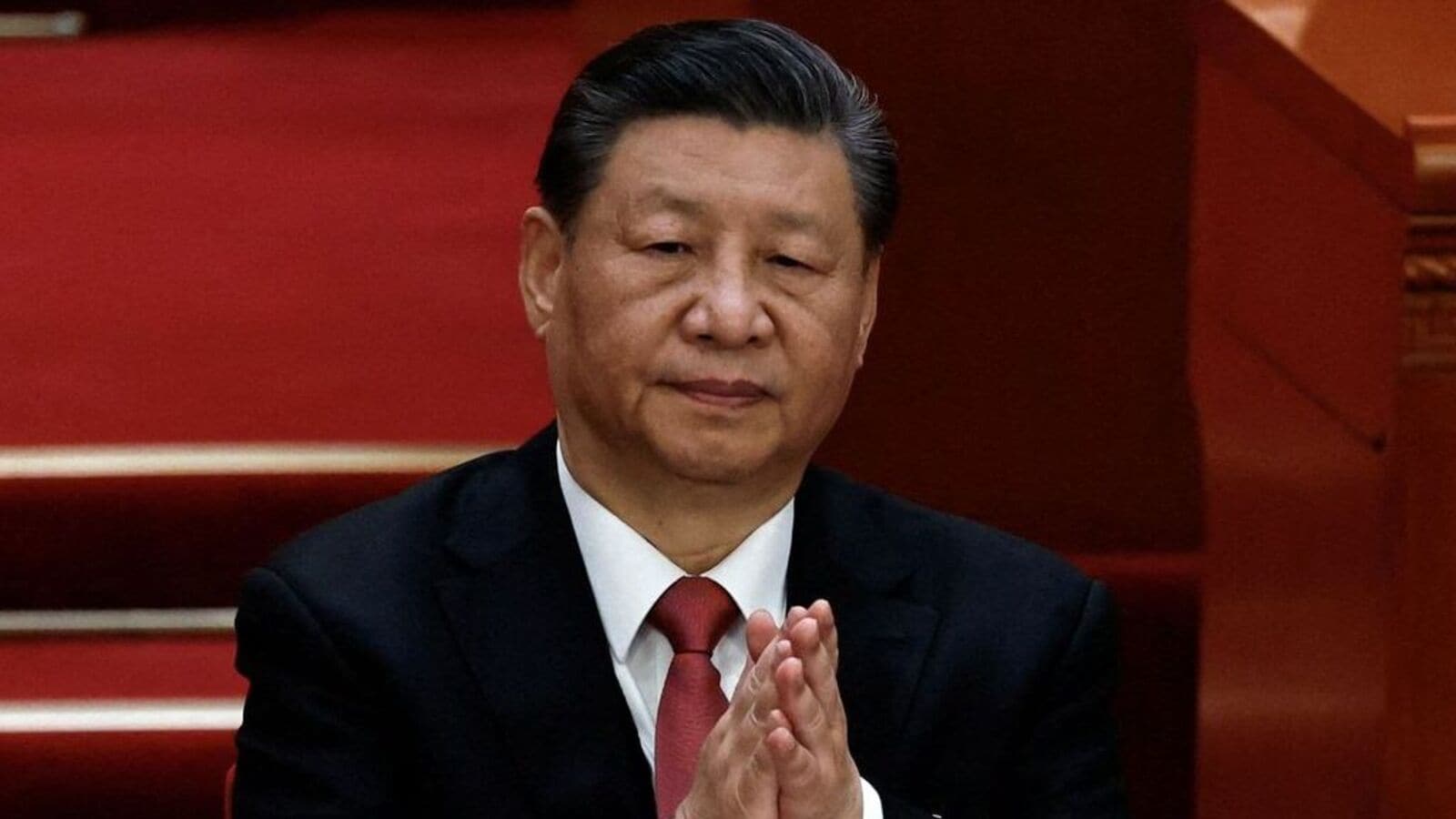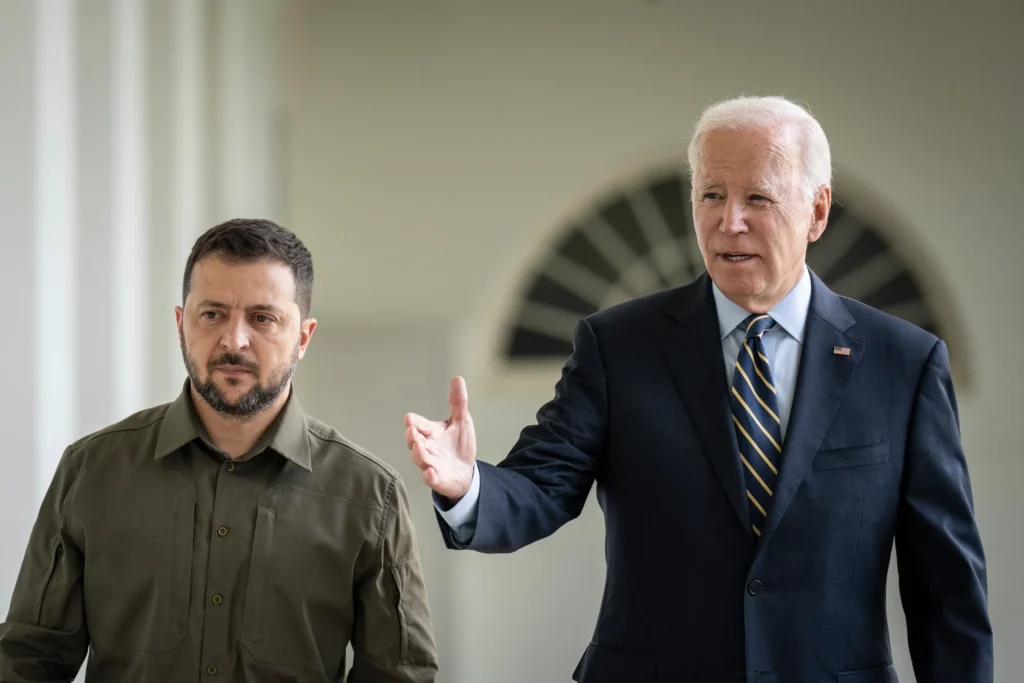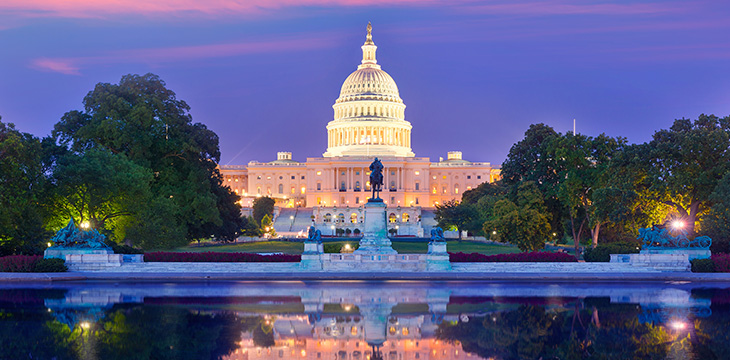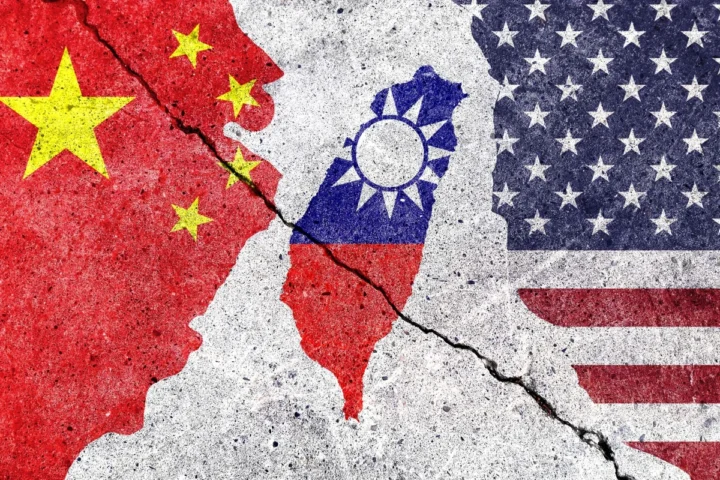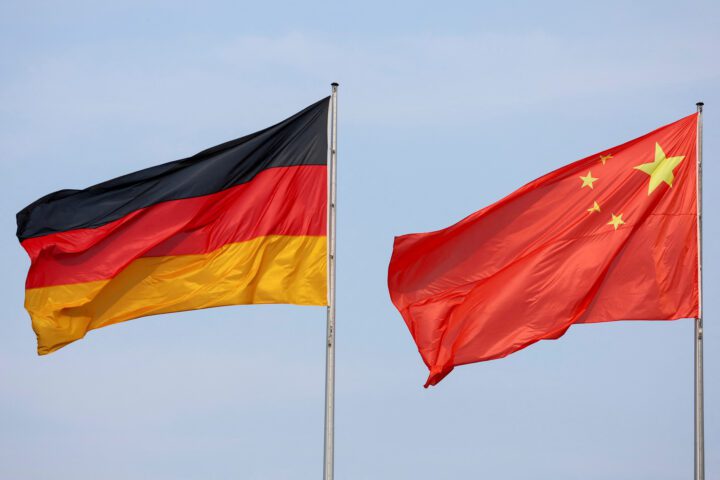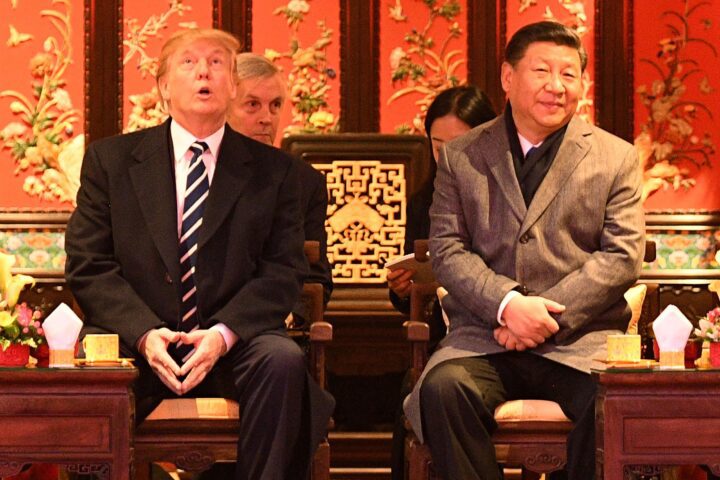
In his ambitious quest to fortify China’s self-reliance, President Xi Jinping’s commodity stockpiling strategy has become a covert factor influencing global markets. This strategy, encompassing vast new holdings of grain, natural gas, and oil, may signal potential turbulence on the global stage.
Amid escalating geopolitical tensions and supply chain disruptions, Beijing’s burgeoning stockpiles have raised eyebrows. China’s grain reserves, for instance, are estimated to be large enough to feed its 1.4 billion population for a year. This insatiable appetite for strategic resources is not limited to food. Recent data shows that the country has also been shoring up its holdings of natural gas and oil, positioning itself as a formidable player in the energy market.
This stockpiling strategy is a double-edged sword. On one hand, it enhances China’s self-sufficiency, reducing its reliance on volatile international markets. On the other, it can distort market dynamics, leading to price fluctuations and potential supply shortages.
For instance, China’s grain hoarding can induce global price hikes, affecting food security in countries heavily reliant on imports. Similarly, its aggressive accumulation of energy reserves can impact global oil and gas prices, causing jitters among other energy-dependent nations.
Moreover, this strategic stockpiling also signifies a shift in China’s geopolitical posture. It signals Beijing’s intent to safeguard its national interests amidst escalating tensions with the West. By securing its resource supply, China is fortifying its resilience against potential economic sanctions or trade disruptions.
In conclusion, Xi Jinping’s commodity stockpiling strategy is a hidden yet potent factor impacting global markets. As China continues to build its strategic reserves, the ripple effects on international trade and geopolitics cannot be ignored. Policymakers worldwide must recalibrate their strategies to this new reality, ensuring their nations can navigate the potential turbulence ahead.
